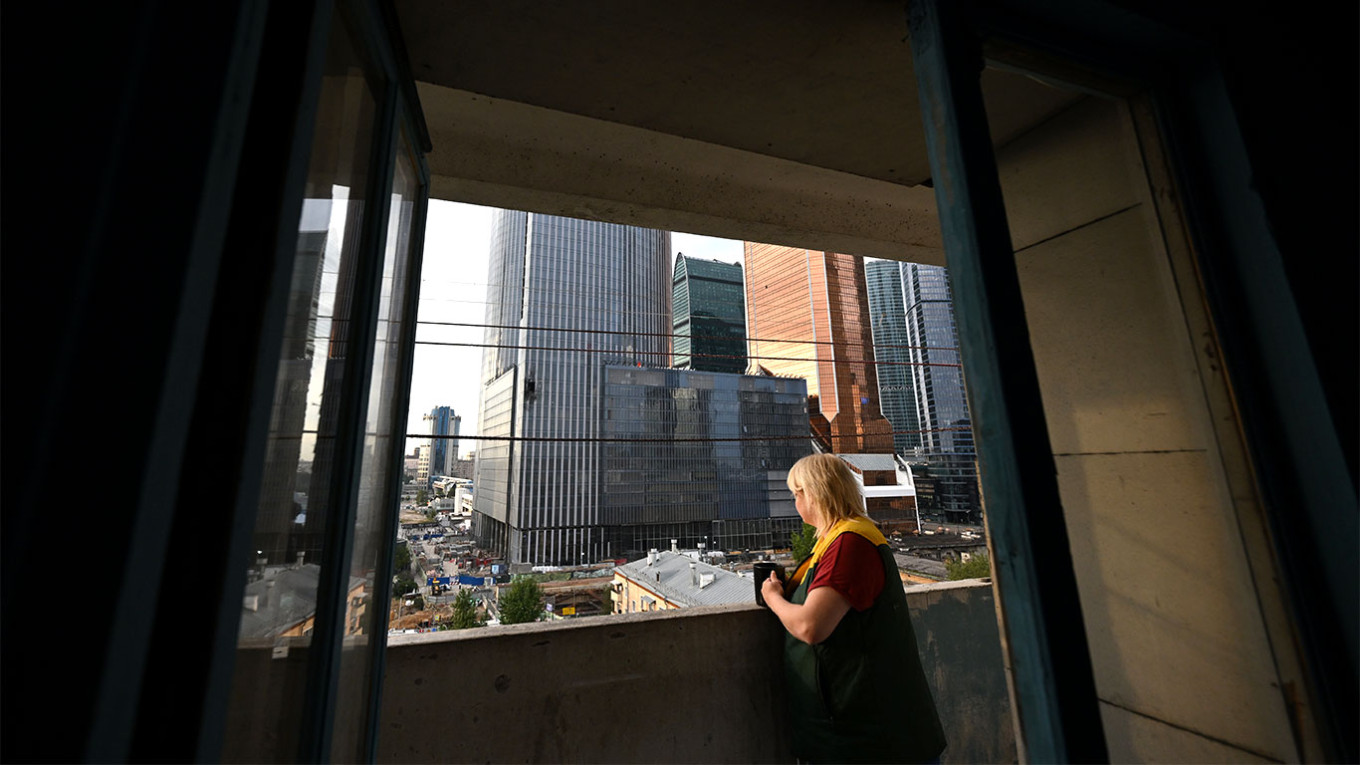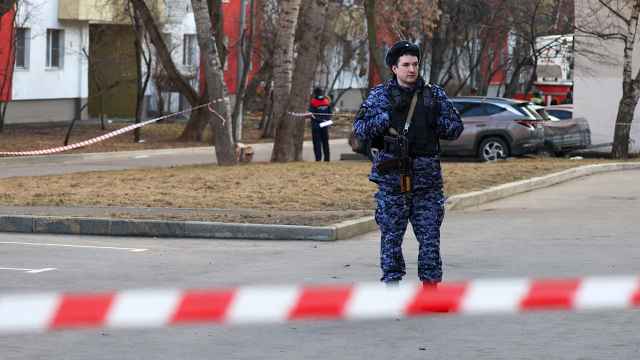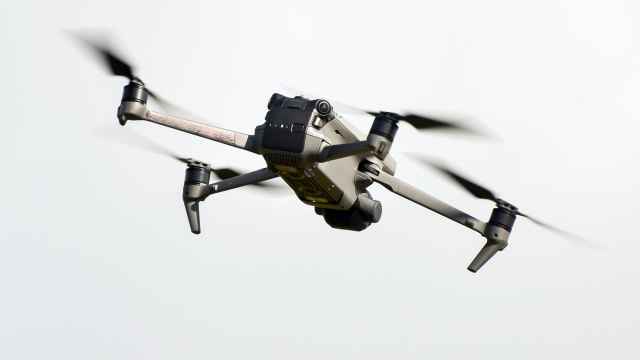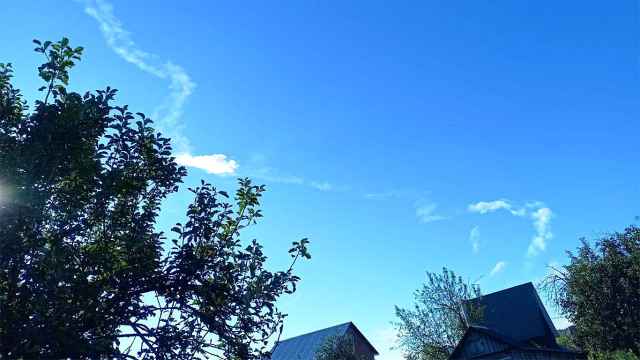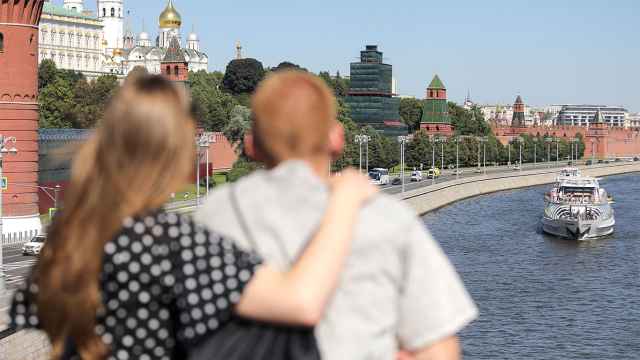Repeated drone attacks on Moscow and its surrounding areas reflect a shift in Ukraine’s war strategy to chip away at Russia away from the frontlines, experts have told The Moscow Times.
Russia’s capital, located some 450 kilometers from the Ukrainian border, has been targeted by drones nearly every night for the past several weeks, damaging buildings and forcing airports to temporarily close. The once-unthinkable attacks on Moscow have now become a routine part of the war for many.
As Kyiv’s summer counteroffensive in the east and south has so far failed to make a major breakthrough, it is looking for other tactics to change the course of the war, analysts say.
“Ukraine is in a difficult position,” political risk analyst and GeopoLytics founder Jozef Hrabina told The Moscow Times. “It has been fighting against Goliath since the beginning, but now it fights a well-fortified Goliath that outnumbers it in every measurable aspect.”
“A larger-scale deployment of drones to weaken Russian defense lines would make sense in this regard.”
Russian authorities say that Ukraine is behind the attacks on Moscow, but Kyiv has not acknowledged involvement.
Ukrainian President Volodymyr Zelensky said last month that the war was “gradually returning to the territory of Russia — to its symbolic centers and military bases, and this is an inevitable, natural and absolutely fair process.”
While Russian air defense systems have usually been successful in downing the drones, their wreckage often crashes into civilian buildings and infrastructure.
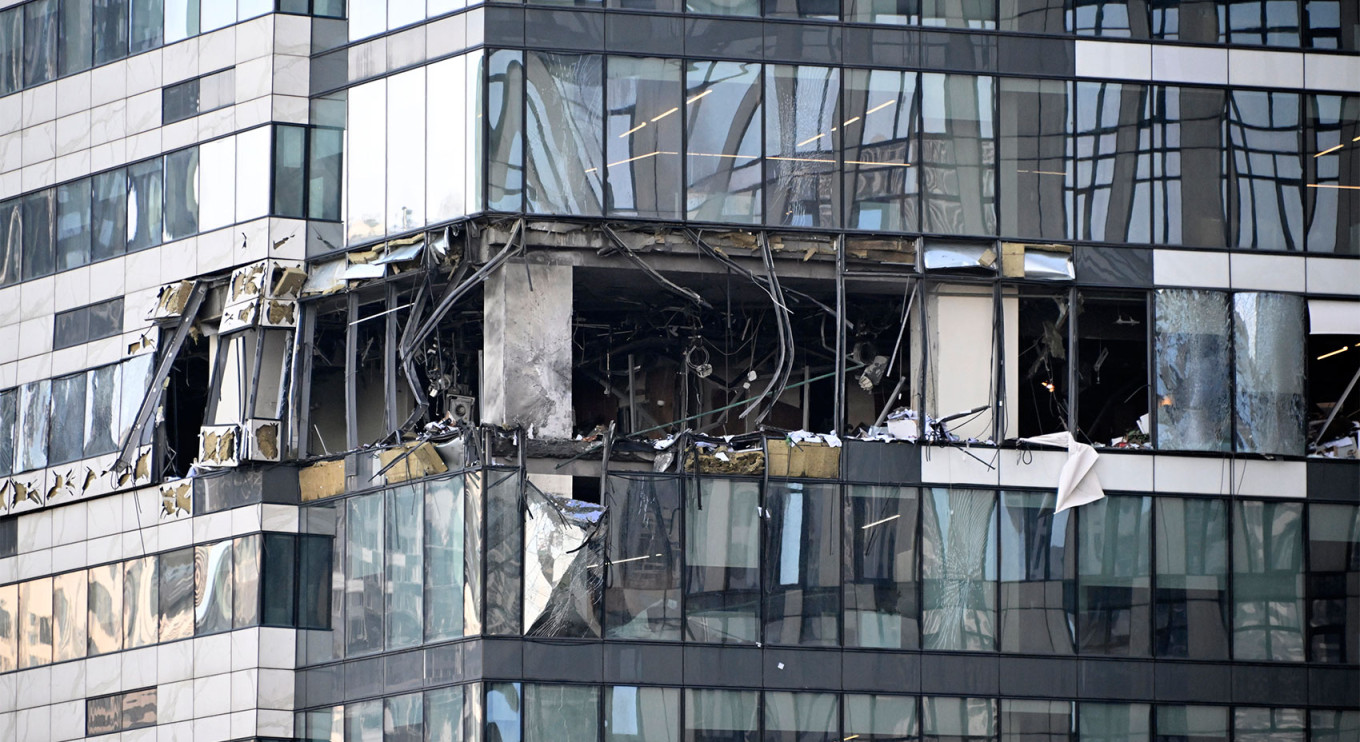
With the attacks on Moscow, Kyiv aims to demonstrate that it can bring the war home to Russians, who for 19 months have mostly lived detached from the grim realities of the conflict, including alleged war crimes and the wholesale destruction of Ukrainian cities by their country’s military.
In doing so, Ukraine hopes that it can sway attitudes inside Russia, leading to movements that would push for an end to the war.
But Ukraine manages a delicate balancing act: the drone attacks risk further boosting pro-war sentiment inside Russia, as well as alienating anti-war Russians.
“The impact [of the drone attacks] is deeply contradictory,” said Tatiana Stanovaya, a Carnegie Eurasia fellow and the founder of R.Politik. “On one hand, it reinforces pro-war sentiments among ordinary Russians. This prompts them to trust that only their government can shield them from a ‘hostile’ Ukraine and the West. It simultaneously amplifies anti-Ukrainian sentiments, leaving little space for any pro-peace aspirations.”
Kyiv also risks friction with its Western allies, some of whom question whether the arms they supply to Ukraine should be used for non-defensive purposes.
At the same time, the attacks on Russian territory have dealt a blow to Putin’s strongman image and undermined the Kremlin’s “red lines” rhetoric, which warned that any incursions into Russia would be met with a fierce response.
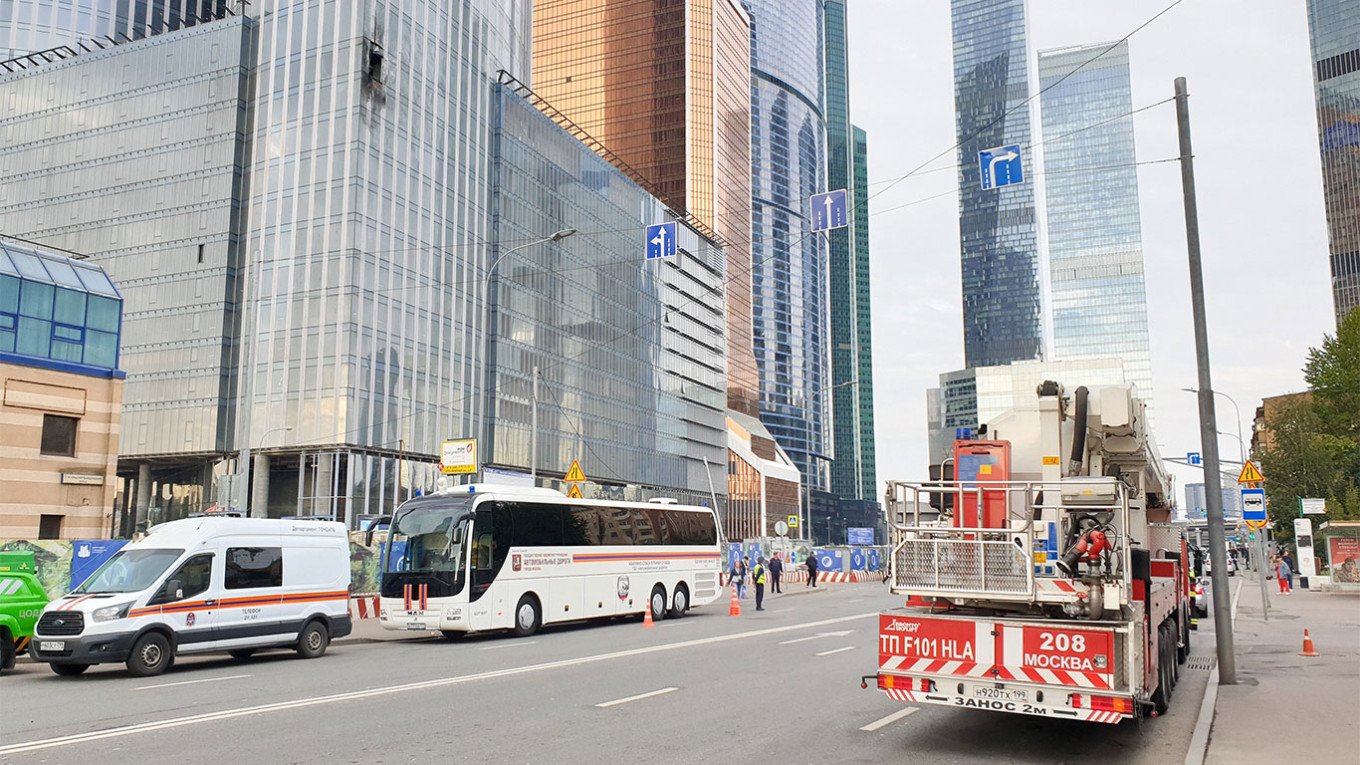
Russian officials “find themselves handcuffed in addressing such attacks, often having to tolerate them despite calls from the patriotic faction to take a more aggressive stance against Ukraine,” Stanovaya said.
Putin “aims to steer clear of any escalation that he doesn't control, wary of losing the initiative and being ensnared in resource-draining conflicts without tangible benefits.”
“In Putin's perspective, Kyiv will eventually concede without Russia having to seize control of a bigger part of Ukrainian territory — a move Russia can’t afford, not to mention the risks of nuclear escalation,” she added.
Given the restrained response to its attacks, Ukraine is likely to feel emboldened to take its actions further.
“It is likely that Ukraine is testing its potential for a large-scale drone deployment on Russian soil,” Hrabina said.
Kyiv hopes that the continued attacks will, over time, drive war fatigue inside Russia and potentially weaken morale, both among the civilian population and among soldiers fighting in trenches in Ukraine and watching the attacks on central Moscow.
But drone strikes in Russia also have a practical purpose, namely severing the Russian military’s supply lines with attacks on critical infrastructure, such as the Crimea bridge and roads in the occupied southeastern Ukrainian territories.
These attacks have for the most part avoided civilian casualties. In order to prevent escalation and the alienation of its Western donors, Ukraine will likely prioritize strategic military targets and government buildings.
While Ukraine desperately looks to gain the upper hand in the war, “as far as the public opinion in Russia is concerned, I don't think these separated and small-scale attacks have largely undermined the population morale,” Hrabina said.
Stanovaya noted that, on the contrary, “the Kremlin chooses to underplay the attacks, acclimating Russians to this reality, while capitalizing on the consistent anti-Ukrainian sentiments embedded within them.”
“This restraint largely stems from Putin's personal strategy to wait for internal discord to weaken Ukraine, thereby sidestepping the need for a full-blown military intervention to shift the dynamics,” she said.
Ukraine is banking on the same strategy. Ethnic tensions in Russia’s southern regions and Siberia, a weakening ruble and economy, and dead and injured soldiers returning from the front all have the potential to drive internal discord and anti-Kremlin sentiment. Kyiv hopes that these factors, combined with continued attacks on symbolic targets, could tip the scales in its favor.
Given that Kremlin inaction is often the rule rather than the exception, and with Ukraine’s tactics continuously evolving, experts argue that there is little reason for Ukraine to slow down its drone attacks inside Russia.
“Perhaps a year ago, it was appropriate to discuss certain red lines,” Stanovaya said. “But after numerous Ukrainian offensives — such as attacks on the Crimean bridge, drone activity over Moscow, and shelling in border regions — the concept of a red line seems to have faded.”
A Message from The Moscow Times:
Dear readers,
We are facing unprecedented challenges. Russia's Prosecutor General's Office has designated The Moscow Times as an "undesirable" organization, criminalizing our work and putting our staff at risk of prosecution. This follows our earlier unjust labeling as a "foreign agent."
These actions are direct attempts to silence independent journalism in Russia. The authorities claim our work "discredits the decisions of the Russian leadership." We see things differently: we strive to provide accurate, unbiased reporting on Russia.
We, the journalists of The Moscow Times, refuse to be silenced. But to continue our work, we need your help.
Your support, no matter how small, makes a world of difference. If you can, please support us monthly starting from just $2. It's quick to set up, and every contribution makes a significant impact.
By supporting The Moscow Times, you're defending open, independent journalism in the face of repression. Thank you for standing with us.
Remind me later.



